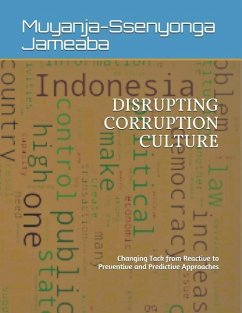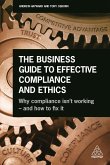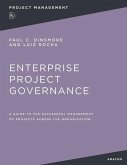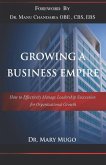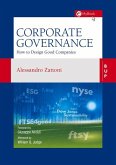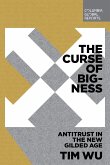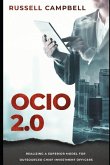The book begins with a sneak-peek of the Indonesian political economy, specifically how that relates to corruption culture, by giving a glimpse at some of the crucial factors that have shaped politics in general and policy in particular, and how that has created corruption opportunities that nibble first but get entrenched eventually, into the fabric of Indonesian society. The book then takes the fervent reader on a journey that explores some of the ways culture and its manifestations, can create conducive conditions for corruption and proven ways to counter inter-temporal and inter-generational corruption. That way, the book highlights aspects of culture, which may stimulate corrupt practices, but equally important, are multifarious aspects of culture within the Indonesian multi-tribal, multi-racial, multi religious, multilingual society that is inherently anti-corruption hence can serve as an entry point in fighting corruption in all its forms. The book takes on the hue to give the reader a generic look at the causes, manifestations, and effects of corruption, aimed at assessing impact that corruption has had on developing economies in general and enterprises in particular, respectively. The book then taken the reader to an exploration of the poverty-corruption nexus, which has become increasingly polemic, emotional, and even heartrending for some. Using a quantitative approach to show whether or not there is indeed a link between the two and the direction of the link, the article comes up with findings that indicate a positive simultaneous correlation between poverty incidence as proxied by human development index and corruption perception as proxied by transparency international corruption perception index. Subsequently, the book takes on the task of making an in-depth look at counter corruption measures developing countries that experience entrenched and rampant corruption can take to fight the scourge in a sustainable manner to ensure that its uprooted in both the practices economic agents in the private and public sector, but more importantly expunging and exterminating the proclivity or inclination of having affinity to indulge in corruption from the psyche and value systems that are vital reference compasses for both adults and young generations. No book on corruption can be complete without placing the importance of ICT and data analytics in the ambit of corruption prevention, mitigation and alleviation. This is indeed what the book takes on from this point forward. The book explores the possibilities and opportunities of leveraging advantages of Big Data revolution and ICT breakthrough to make a paradigm shift from reactive to proactive and preemptive based approaches in fighting corruption. By navigating the history of e-government development and adoption in Indonesia, the book identifies advantages increasing adoption of e-government has contributed to the fight against corruption as well as highlighting some of the weaknesses and obstacles the policy has faced in the past and continues to face, today, and most likely in future. Touted as one of the most promising and prospective democracies, Indonesian democratization comes into the limelight in the book, specifically the inadvertently though it has been, on corruption. It is often said, that great nations and leaders take annals of a country's history at heart, and it is with that golden adage in mind that the last part of the book takes the reader through some of the past mega corruption scandals that have punctuated the still relatively young Indonesian democratization road.It is a relevant end to the book on corruption, considering the growing multifaceted income disparity, even as the country's democracy receives plaudits on many accounts, ranging from big-bang decentralization, racial, religious and regional plurality preservation, and crux of all, a Unitary republic.

